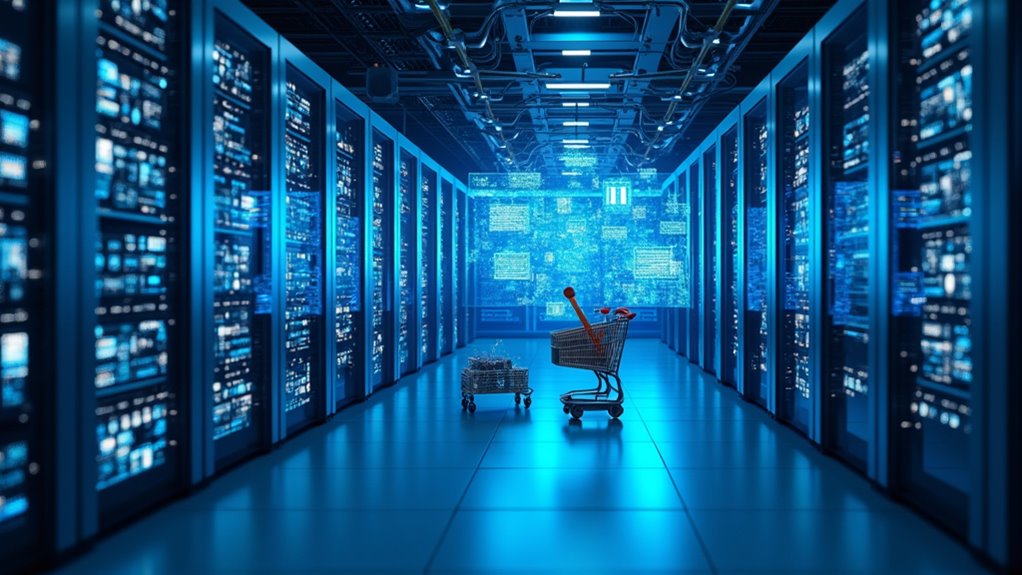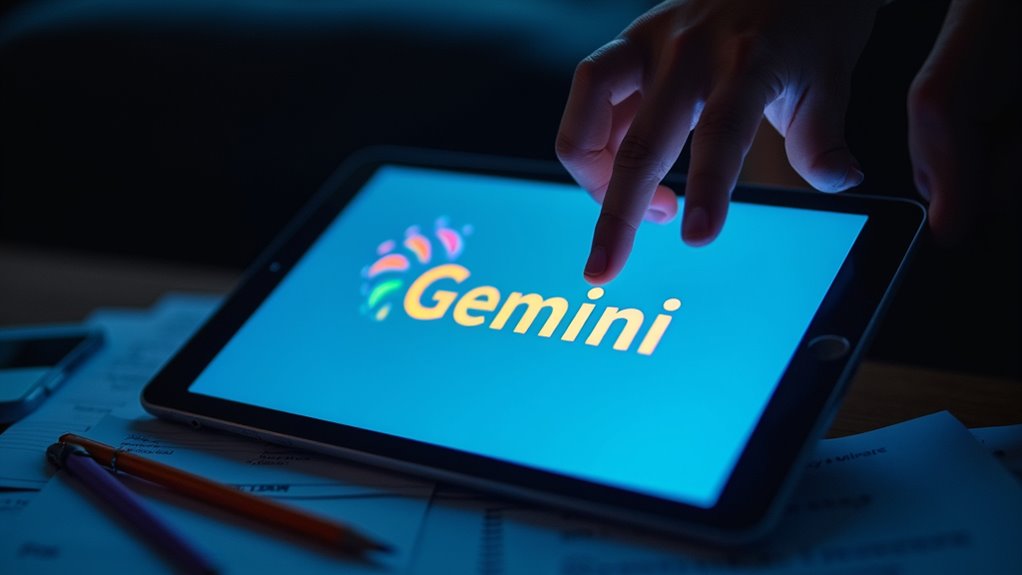AI in the classroom? Not quite the educational utopia Silicon Valley pitched. Schools face sky-high tech costs, patchy Wi-Fi, staff who’d rather wrestle a copier than a chatbot, and students in underfunded districts left behind. Then toss in privacy headaches and algorithm bias—fun! Teachers aren’t sold, either; overreliance on AI risks draining heart from real teaching. So, while the tech headlines tout a revolution, the actual classroom vibe is closer to a slow software update. Curious what’s really slowing the AI parade?
Let’s be honest—AI in the classroom is no longer the stuff of sci-fi movies or distant-future TED Talks. The robots aren’t coming; they’re actually already here, quietly embedded in lesson plans, grading systems, and those “personalized learning” dashboards. But before you imagine a Jetsons-style utopia, let’s talk reality—and it’s a bit messier than the hype suggests.
First off, integrating AI into education is about as easy as teaching a cat to fetch. School systems face a tech maze: new infrastructure, software, hardware, and, oh yes, a mountain of staff training. Teachers can’t just “download” AI skills like Neo in *The Matrix* (if only). They need technical know-how *and* a sense for blending this tech wizardry with classic teaching moves. AI-driven analytics can provide valuable insights to help teachers refine their methods, but only if educators know how to interpret and act on the data. In addition, institutional leaders play a crucial role in steering schools through the adoption process by developing policies, guidelines, and strategies for AI use.
Professional development? It’s essential. And that means time, money, and patience—a trio not found in endless supply in most schools.
Let’s talk money, shall we? AI isn’t free. In fact, it’s often really expensive, and not every school has a billionaire benefactor or a Hogwarts-style endowment. The cost barrier risks widening the digital divide, where only the most well-heeled schools get the shiny new tools, while everyone else gets…well, chalk. Adaptive platforms that adjust content based on student performance require significant investment, making them inaccessible to underfunded districts.
AI in schools isn’t cheap, and without serious funding, the digital divide just gets wider—some get gadgets, others get left behind.
Equitable access isn’t just a nice-to-have—it’s the only way this tech revolution won’t leave half the class behind.
And then there’s the fine print: ethics, privacy, and trust. AI can gobble up student data like Pac-Man, raising serious privacy concerns. Plus, if you think algorithms are always neutral, think again—bias and misinformation can sneak in, turning your AI-powered tutor into a digital echo chamber.
Transparent processes and clear accountability? Non-negotiable.
Finally, let’s not pretend everyone’s on board. Resistance from educators, infrastructure headaches, and the temptation to let AI do all the thinking—it’s a recipe for overreliance. AI can personalize learning and automate boring tasks, sure, but without careful integration, it risks undermining what makes teaching truly human.









